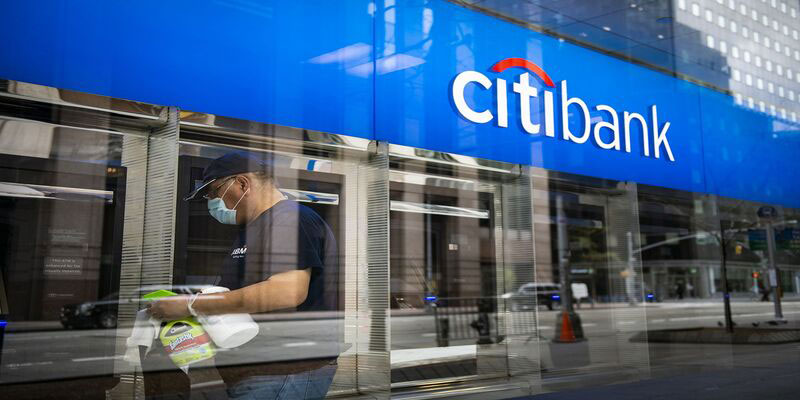Explanation Of Citi Credit Card COVID-19 Relief
Triston Martin
Oct 13, 2023
Citi said it officially stopped its COVID-19 support program on December 31, 2020, due to a reduction in the number of cardholders requesting help. Even so, the issuer assured us that it continues to help on a case-by-case basis. Therefore, the following guidance on submitting a request for COVID-19 exemption is no longer relevant. From now until January 1, 2021, cardholders may contact customer support by calling the number on the back of their card or by logging into their account online and sending a message. Citi is among the leading issuers that provide credit card consumers with the option to opt-in for COVID-19 relief. The card issuer may temporarily suspend the obligation to make minimum payments and the imposition of late penalties for eligible cardholders who submit a request for help. The online application process is also available.
What Relief Can You Get?

Citi says, "We will exempt the obligation that you make whatever minimum payment due displayed on your billing statement after two consecutive billing periods, beginning with any minimum payment that is now due but not yet paid." During the payment assistance, the issuer defers and extends the due date for promotional plan balances. For example, this may be helpful if you are using Citi Flex Pay to pay off a more significant purchase at a set monthly amount. There is a warning on the issuer's website that cards currently in a hardship or forbearance program or more than 60 days past due may not be eligible for relief.
How Can You Seek Relief?
Enter your login details here. You'll notice a banner that reads "Credit Card Customers: Need account help about COVID-19?" up top. Request assistance in this space. You may submit your request online by clicking the link. Mark the boxes next to the cards for which you need help making a monthly payment. At the end of the form, be sure to click "confirm." A similar ad may show at the very top of the Citi mobile app. The same procedure applies if it does: you may ask for help in the same way. You may contact Citi by phone if you have problems submitting your request online. Due to increased call volumes, the issuer cautions that wait times may be excessive. Citi cardholders have complained to the Consumer Financial Protection Bureau about having trouble getting through to the company by phone while trying to make a COVID-19 credit card payment.
Is It Possible For A Customer To Stop Making Payments On Your Credit Card?
During the moratorium period, a client is not required to pay anything, even if that something is the Minimum Amount Due (MAD). For payments due between March 1 and May 31, this is a reprieve from the RBI's COVID-19 regulation package. Not paying the prior bill in full by both the due date (as shown on the statement) would result in interest being levied on the cash advance from the day it was made. Beginning on the transaction date and continuing until the date of complete payment of the dues, interest will be applied at the rate of % per month. For further information, see the "Finance Charges" sections of the card's Most Important Terms and Conditions.
Will This Hurt Your Credit?

If your account was already past due before the waiver period started, Citi promises to report it as current to the credit agencies during the waiver period. This follows the Coronavirus Aid, Relief, and Economic Security Act, which offers similar restrictions on loans. If the account was previously current, it must be listed as current for COVID-19 payment accommodations. If the account was past due before the accommodation, it might remain in the past due status until the cardholder makes it current within the grace period.
Conclusion
The victims of the coronavirus outbreak are receiving financial aid from credit card firms. Several companies have announced emergency aid this week, including Citi, American Express, Apple, the Bank of America, Capital One, Chase, and Discover. All our stakeholders, including staff, customers, and residents, come first regarding health and safety. They are protected from harm while attending to our client's needs. Citi discontinued its official COVID-19 support program on December 31, 2020, due to a lack of demand from cardholders. According to the issuer, it is still helpful in certain circumstances. The following application methods for COVID-19 relief are now obsolete.







